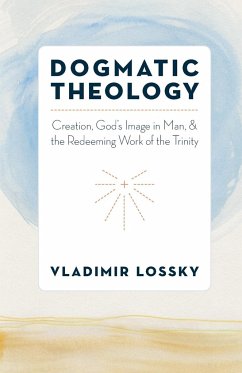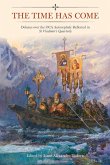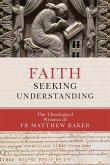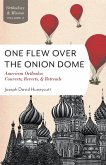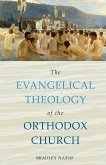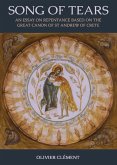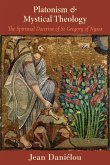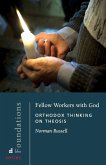In this book, a revised, annotated, and expanded second edition of Théologie dogmatique, edited in the French by Olivier Clément and Michel Stavrou, readers encounter Lossky's classroom lectures on dogmatic theology. Lossky confronts the great questions of theology: How can we know God? How is the Creator related to his creation? What is the vocation of human beings, created in God's image? These questions are understood in light of the two great mysteries of the faith: the Trinity and the incarnation of the Son of God. In Lossky's articulation, these are not abstract theories, but living and vivid realities. "Emphasizing the thought of the Fathers, Lossky actualizes the latter in a creative fashion through a critical reflection-namely on the theme of the person-attempting through an approach that is faithful and free, to express the elements of the ecclesial tradition in a contemporary language. In the wake of the Fathers, Lossky linked dogma narrowly to the spiritual life, rejecting the false and ruinous split between spirituality and theology, hence this term 'mystical theology'" (from the Introduction).
Hinweis: Dieser Artikel kann nur an eine deutsche Lieferadresse ausgeliefert werden.
Hinweis: Dieser Artikel kann nur an eine deutsche Lieferadresse ausgeliefert werden.

